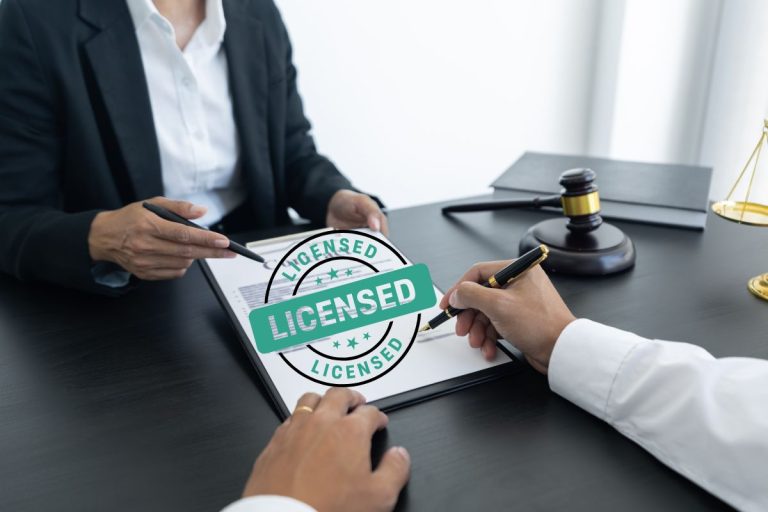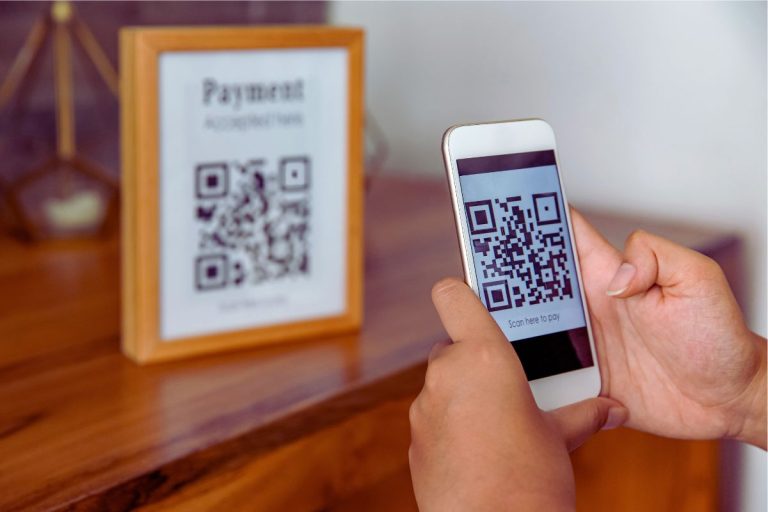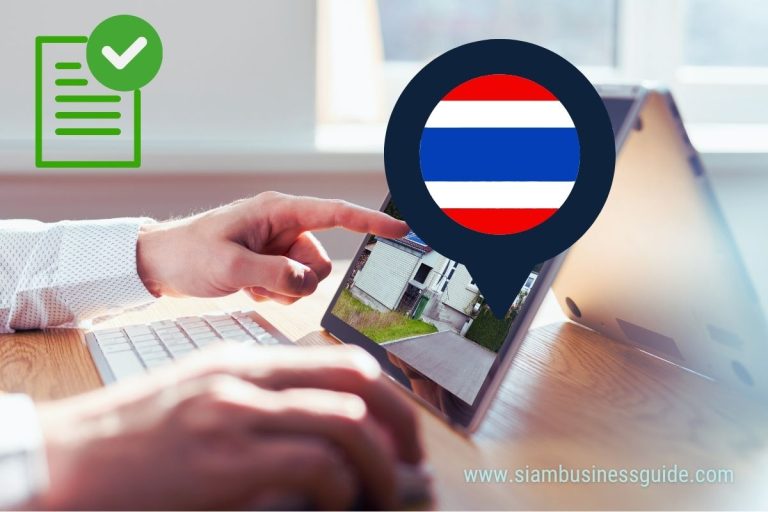Business Etiquette in Thailand: Essential Guide for Foreign Professionals
Thailand is known for its rich culture, warm hospitality, and rapidly growing economy—making it a key destination for international business. However, to build trust and foster successful professional relationships in the Thai business world, understanding the country’s unique business etiquette is essential.
This guide will help foreign professionals navigate key aspects of Thai business culture—from communication styles to meeting protocols and dress codes.
1. Respect and Hierarchy
At the heart of Thai society lies respect for hierarchy—both in age and position. Seniority is highly valued, and deference should be shown to older or higher-ranking individuals. Always address the most senior person first in meetings and defer to their opinion unless invited otherwise.
Quick Tip: When handing over business cards or documents, use both hands or your right hand with a slight bow of your head as a sign of respect.
2. The Wai: Thai Greeting Etiquette
The traditional Thai greeting is the wai, a gesture made by placing your palms together in a prayer-like position and bowing slightly. While it’s not expected that foreigners initiate the wai, it’s polite to return it when offered—especially to elders or higher-ranking professionals.
Pro Tip: Avoid giving a handshake unless it’s clearly offered. In business settings, Thai people may combine a light handshake with a slight bow.
3. Dress Code: Conservative and Polished
First impressions matter in Thailand. Conservative, clean, and well-pressed clothing reflects professionalism and respect.
-
Men: Long-sleeved shirts, ties, and dark trousers. A jacket is often appropriate for formal meetings.
-
Women: Business suits, knee-length skirts or dresses, and blouses that are not revealing.
Avoid overly casual or flashy attire, particularly in formal or government-related settings.
4. Business Cards: Exchange with Care
Business cards are a crucial part of introductions in Thailand. Offer your card with both hands and ensure it’s facing the recipient so they can read it immediately. When you receive a card, take a moment to look at it before placing it neatly on the table or in a cardholder—never in your pocket or wallet during the meeting.
5. Meetings: Patience, Politeness, and Indirectness
Thai business meetings tend to be formal at the start but can be friendly once relationships are built. Be punctual but expect others to be slightly late at times. Small talk often precedes the main discussion.
Important Cultural Note: Thais tend to avoid direct confrontation and may say “yes” or nod politely without fully agreeing. Read between the lines, and always stay calm and composed—even when faced with disagreements.
6. Communication Style: Subtle and Respectful
Thai people communicate in a soft-spoken and indirect manner. Loud voices, aggressive tone, or overly assertive body language can be seen as disrespectful. Humor and smiles are often used to ease tension or defuse awkward moments.
-
Avoid pointing, especially with your feet.
-
Never touch someone’s head, even casually—it’s considered sacred.
-
Refrain from public criticism or confrontation.
7. Gift Giving: Thoughtful but Not Excessive
While not always expected, small gifts are appreciated, especially after deals are made or during festive occasions like Songkran (Thai New Year) or New Year. Avoid extravagant items or overly personal gifts. Safe options include quality sweets, items from your home country, or tasteful office gifts.
8. Building Relationships: Trust Comes First
Thai business culture places a strong emphasis on relationships and trust. Decisions are rarely made quickly, especially in the first meeting. Be patient and invest time in relationship-building through social invitations, respectful follow-ups, and consistent communication.
9. Dining Etiquette: Manners at the Table
Business meals are common for relationship-building. Wait to be seated, and don’t begin eating until the host invites you. Thais generally share dishes, so avoid taking large portions. It’s polite to leave a small amount of food on your plate to show you are full.
Bonus Tip: Never stick chopsticks upright into a bowl of rice—it resembles a funeral ritual.
Final Thoughts
Understanding and respecting Thai business etiquette will help you make a strong and lasting impression. By embracing patience, humility, and cultural awareness, foreign professionals can build successful partnerships and navigate the Thai business environment with confidence.
Whether you’re attending your first business meeting in Bangkok or negotiating a joint venture in Chiang Mai, remember: in Thailand, how you say something is just as important as what you say.







